|
I am very pleased to join the Linguistics department at Harvard University as a visiting scholar as I kick off my mid-tenure sabbatical leave! I'm looking forward to spending this summer in the library writing my book.
Recently, I had the opportunity to give a poster with Ryan Chon at Old World Conference on Phonology in the workshop on Understanding Sound Change.
Recently, I had the opportunity to give a talk with Berenger Garnica at the Language Documentation and Linguistic Theory conference.
I recently gave a talk titled "The Pahoturi River Language Documentation Project" at Seoul National University.
Slides/handout are below: Recently, I had the opportunity to give a talk with Ryan Chon at the Language Documentation and Linguistic Theory conference.
I recently gave a talk titled "Phonological puzzles in two under-researched languages" at the University of Delaware.
Slides/handout are below:
I recently gave a talk titled "Linguistic fieldwork in Papua New Guinea at Georgia Institute of Technology.
Slides/handout are below:
I had the honor of giving an invited talk at the University of Rochester about Data Management for Linguists. Slides are below.
Talk: Variation off the beaten path: Continuing the conversation @ New Ways of Analyzing Variation10/1/2021
Dineke Schokkin and I organized a symposium continuing our conversation about "Variation off the beaten path" at the New Ways of Analyzing Variation conference.
Recently, I had the opportunity to give a talk with Katherine Strong at New Ways of Analyzing Variation. The slides are here.
Invited talk: Pahoturi River vowel harmony: light or height? @ Georgetown University Speaker Series9/18/2021
I recently gave a talk titled "Pahoturi River vowel harmony: light or height?" at Georgetown University.
Slides/handout are below: This year, I will be participating as a fellow in the BU Provost Mentor Fellow Program, a program designed for faculty who want to improve their advising practices and provide better support and outcomes for their students. More about the program here: https://www.bu.edu/pdpa/for-faculty/for-faculty/provost-mentor-fellows-program/
Recently, I had the opportunity to give a talk with Christian Brickhouse at Austronesian and Papuan Languages and Linguistics. The slides are here.
Recently, I had the opportunity to give a talk with Dineke Schokkin at Austronesian and Papuan Languages and Linguistics . The slides are here.
My article on variable /n/-realization in Ende has been published in a special issue of Asia-Pacific Language Variation, edited by Eri Kashima and Miriam Meyerhoff.
The link to the article is here: https://benjamins.com/catalog/aplv.19013.lin. Abstract: This paper presents a sociophonetic analysis of word-final /n/-elision in Ende (Pahoturi River; Papuan). An analysis of 73 speakers reveals that tense, phonological context, and most significantly, whether or not the speaker is a kawa practitioner, a prestigious type of public oration, are significantly correlated with /n/-retention. A closer look at just five kawa practitioners reveals that age and genre may also play a role. The present study matches Schokkin’s analysis of /n/-elision in Idi (this issue). Indeed, the findings support her conclusions that this pattern is one of /n/-elision (not /n/-addition) and show similarities in conditioning factors. Analysing sociolinguistic variation in this region presents a unique set of benefits and challenges. This paper discusses how emically-derived categories relating to age, clan, and orator status may deviate from characterisations of prestige in Westernised and urbanised societies but better fit southern New Guinea’s social context. I'm very happy to announce that Dineke Schokkin and I have published a special issue in Language Documentation and Conservation on the phonetics of several languages of Southern New Guinea. The link to the full volume is here: https://nflrc.hawaii.edu/ldc/sp24/.
After much back and forth, my article on the phonetics and phonology of Ende for the Illustrations section of the Journal of the International Phonetics Association has been published!
The link is here: https://www.cambridge.org/core/journals/journal-of-the-international-phonetic-association/article/abs/ende/8EFEC79687F73B691A1D6C91ABE93E4B. Make sure you access the supplemental materials to hear recordings of all the Ende words in the article.
I recently gave a talk titled "Linguistic fieldwork in Papua New Guinea at the University of North Carolina, Chapel Hill.
Slides/handout are below: My chapter on Ende associated motion and directionality with Lauren Reed has been published as part of the edited volume Associated Motion [link: https://www.degruyter.com/document/doi/10.1515/9783110692099/html] by Antoine Guillaume and Harold Koch.
The link is here: https://www.degruyter.com/document/doi/10.1515/9783110692099-009/pdf. Abstract: In this paper, we provide one of the first descriptions of associated motion in a Papuan language. Ende, a language of southern Papua New Guinea, has one directional affix that codes path towards the deictic centre when combined with verbs of motion or transfer. When this affix is combined with other verbs, it gives rise to interpretations of an associated, secondary motion event. This type of “deictic associated motion” was first explicitly described by Belkadi (2015) in several languages of Africa. Ende’s deictic associated motion system is unlike prototypical associated motion systems, such as that in Kaytetye (Pama- Nyungan, Australia), in that Ende does not have dedicated affixes that code associated motion. Instead, Ende’s associated motion expression relies on inference on the part of speakers and hearers to give rise to the motion readings. Accordingly, we propose the terms dedicated associated motion and inferential associated motion to distinguish these two very different associated motion systems, one of which relies on dedicated affixes or other structures, and the other, which relies on speakers’ and hearers’ inferences. Recently, I had the opportunity to give a talk with Badiba Olivier, Kayla Begay, Tinah Dobola, and Octavio León Vázquez at the Talk Story Workshop at the International Conference on Language Documentation and Conservation.
Katherine Strong, Katie Drager, and I published an article on variable affrication in Ende for the Proceedings of NWAV 2020 in the University of Pennsylvania Working Papers in Linguistics. This work is the preliminary study leading into Katherine Strong's much anticipated dissertation. The link is here: https://repository.upenn.edu/pwpl/vol26/iss2/15/.
Abstract: This paper explores sociophonetic variation in Ende, a Pahoturi River (Papuan) language spoken by the Ende tän, and adds to a growing body of variationist work taking place in southern New Guinea. We examine variable affrication of Ende retroflex obstruents through conducting an auditory analysis of spontaneous speech produced by 16 speakers of Ende, and we consider what linguistic and social factors are linked with this variation. Specifically, we highlight the locally relevant social factor of participation in community oration, a prestigious practice in Ende society. The research thus provides a much-needed contrast and comparison with dominant sociolinguistic theories. The results provide evidence that retroflex obstruents in Ende are more likely to be realized as stops when produced by those who perform orations. Among the orators, the frequency of stop realizations is linked with age and gender, such that older, women orators produce more stops. In contrast, no age- or gender-based differences are observed among the non-orators. We argue that women orators are using the stop variant to assert symbolic power in a community where oration is one of the few avenues of power available to women. This year, I was honored to receive the Wetherill-Bloom Career Development Professorship. This three-year professorship provides me with the funding and resources necessary to pursue my research program on documenting the Pahoturi River languages of southern New Guinea. I am very grateful to Jon Barnes and the BU Linguistics Department for nominating me for this award and to Virginia Wetherill, a BU alum, whose generous estate gift enabled BU to create this professorship.
An article about my award: https://www.bu.edu/articles/2021/new-career-development-professorships-in-data-science-linguistics/ More on the professorships here: https://www.bu.edu/provost/awards-publications/award-opportunities/career-development-professorships/ Photo: https://www.bu.edu/files/2021/08/feat-21-1278-STOCK-036.jpg |
AuthorKate Lynn Lindsey Archives
March 2022
Categories
All
|
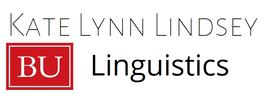
|
|
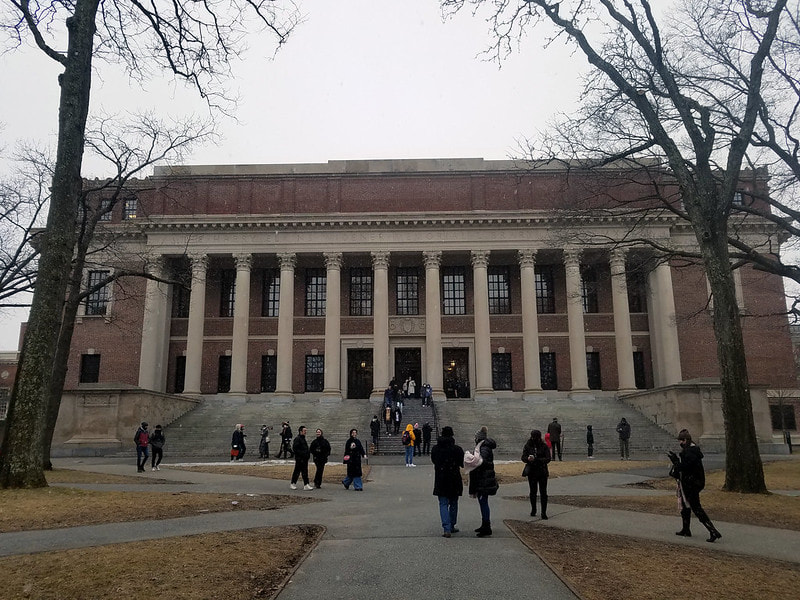


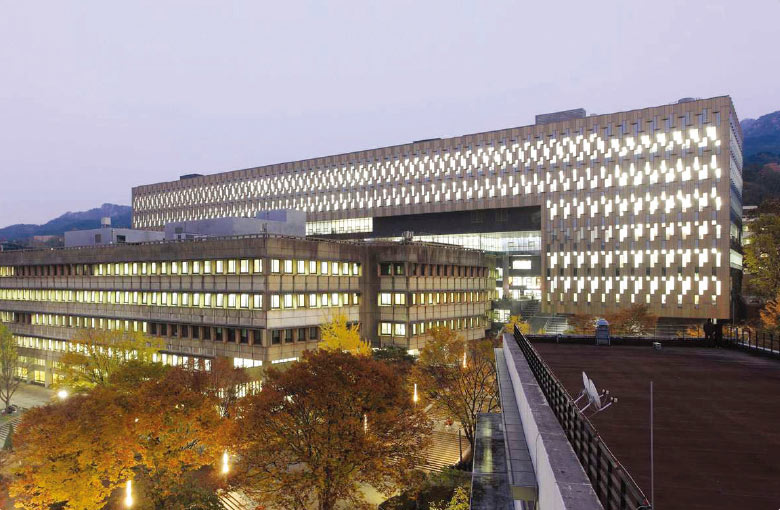

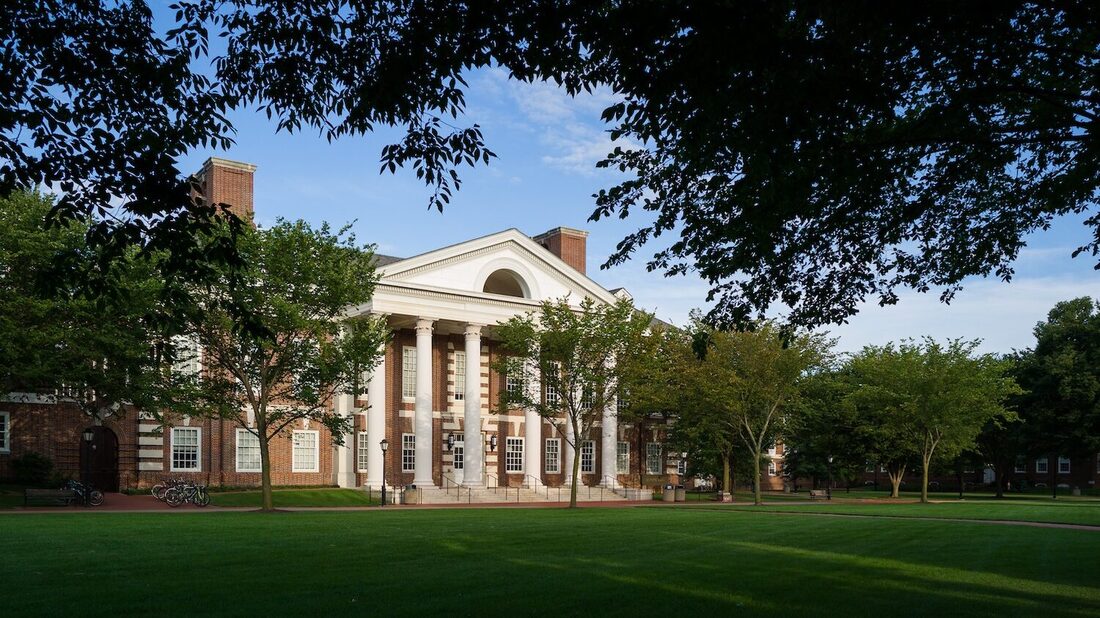

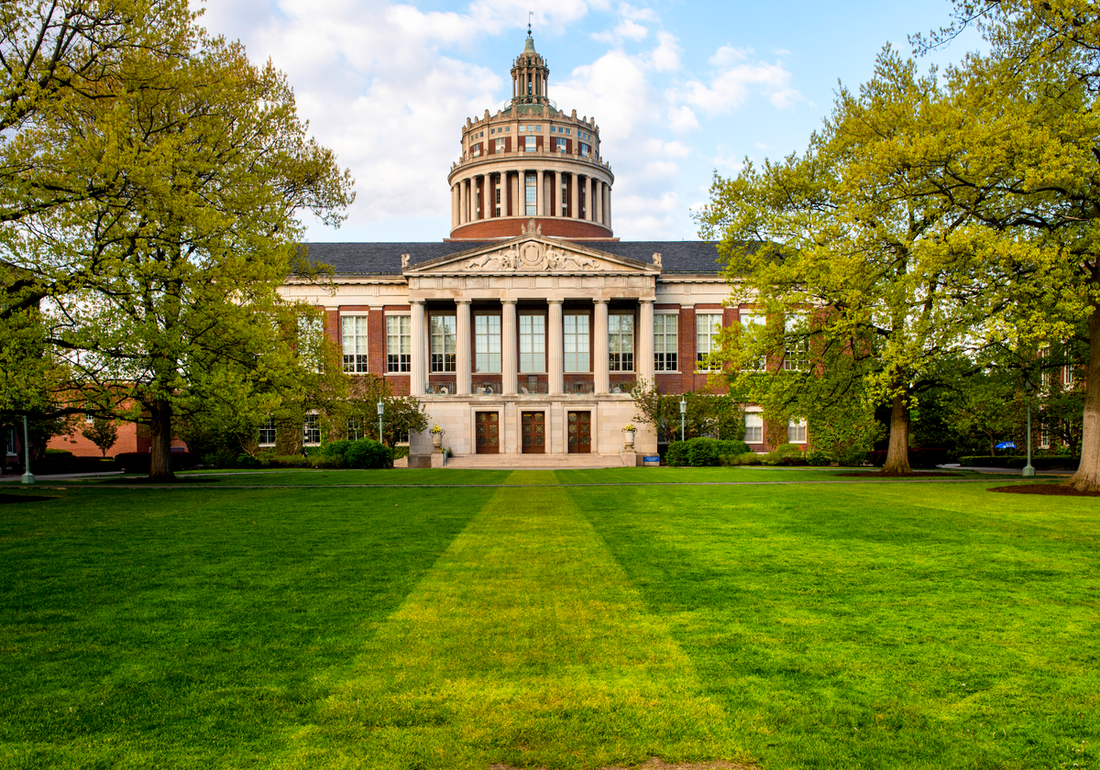


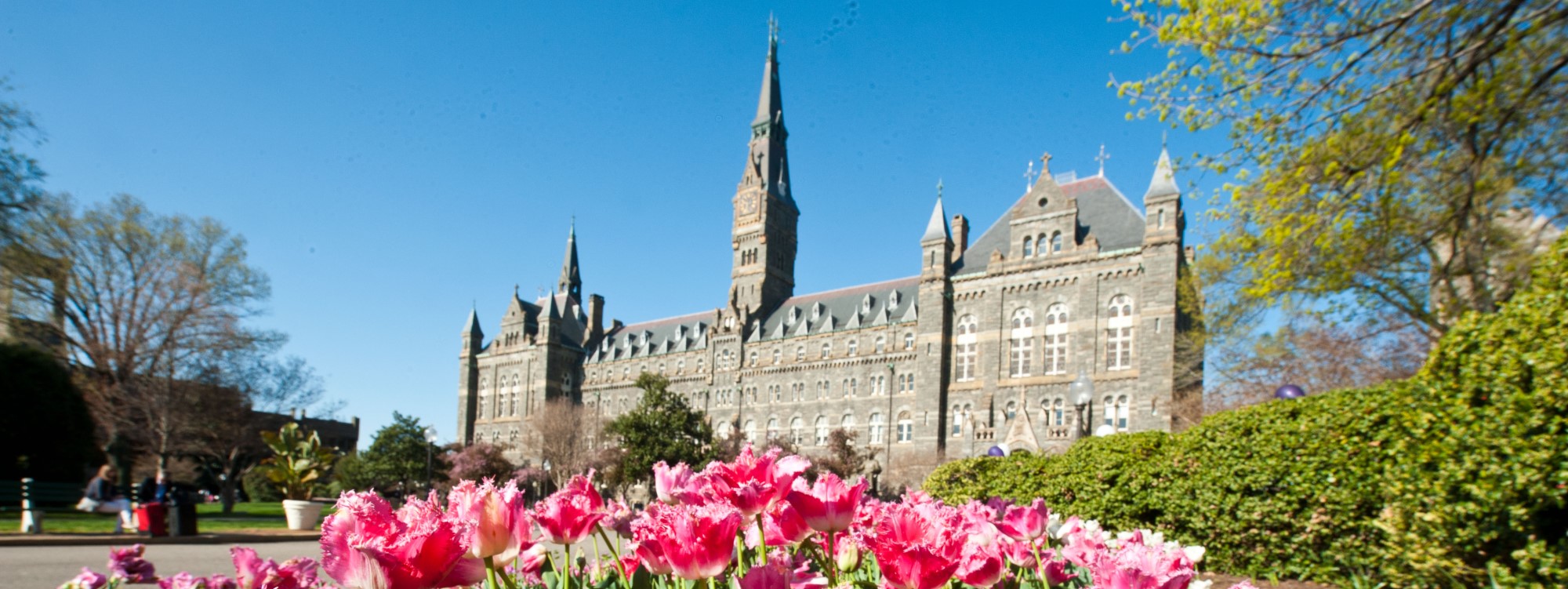
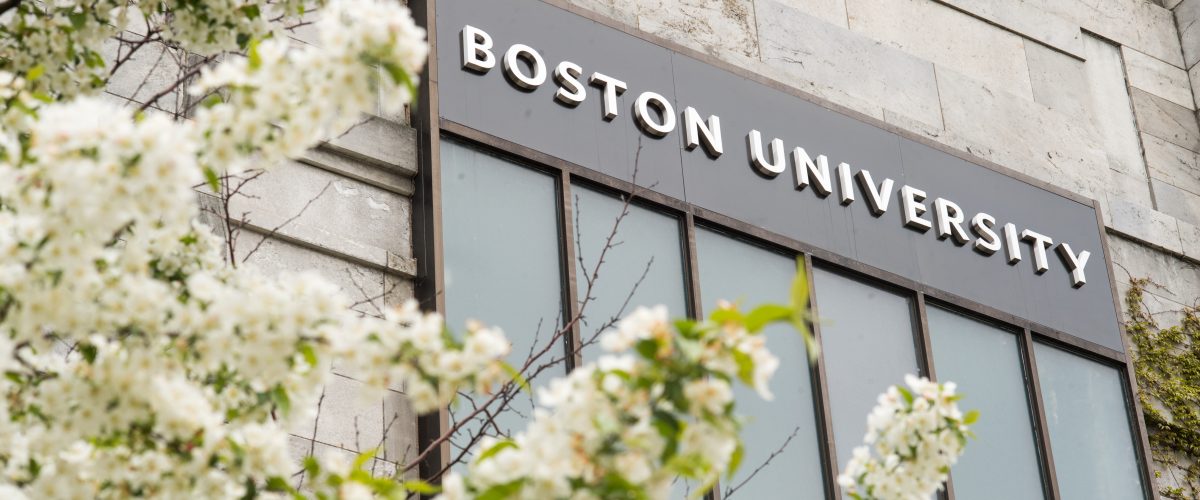


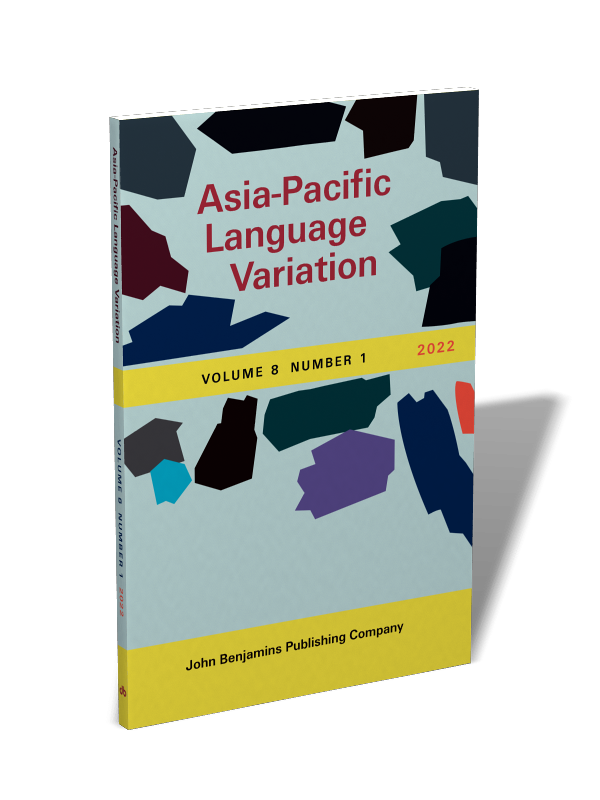
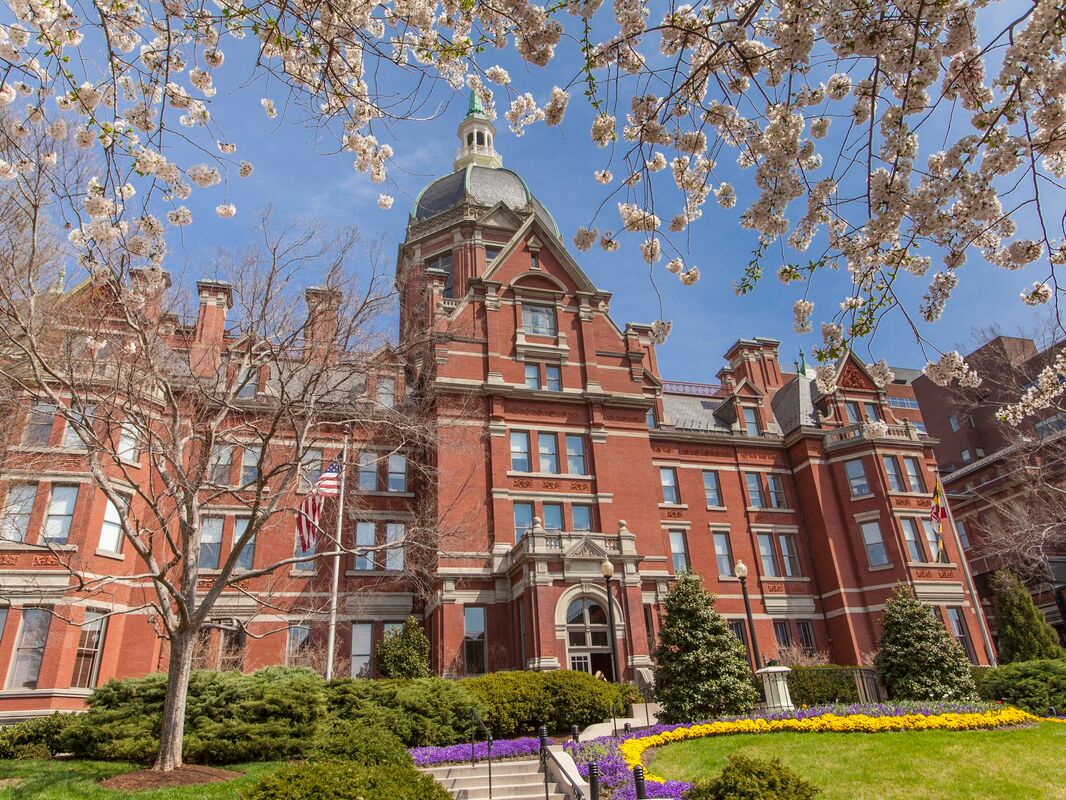

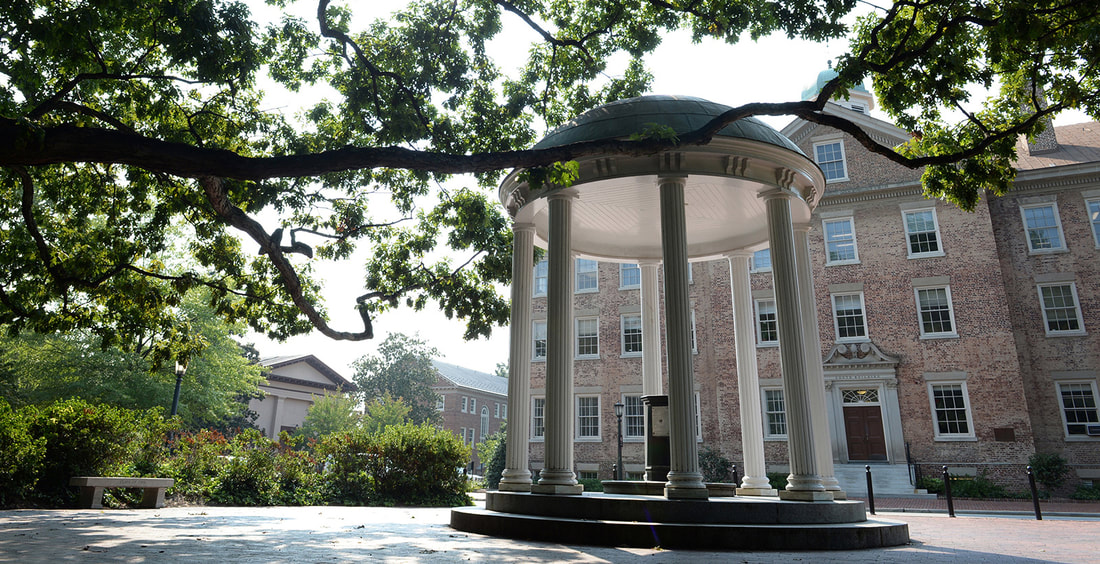

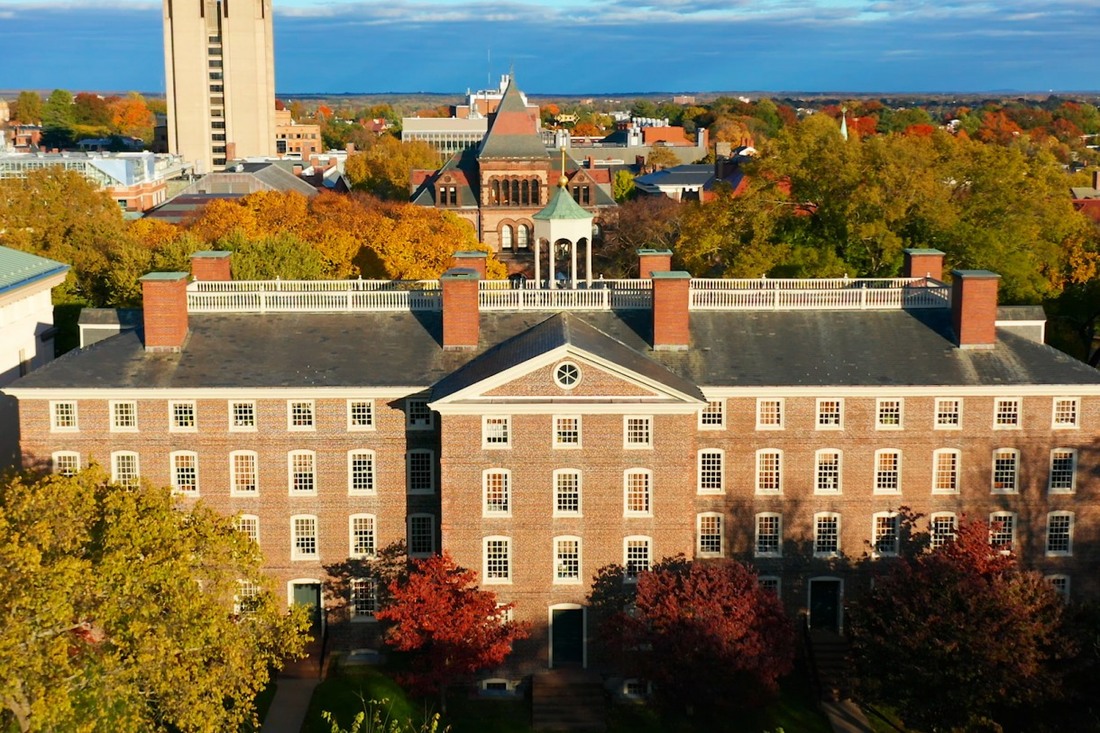
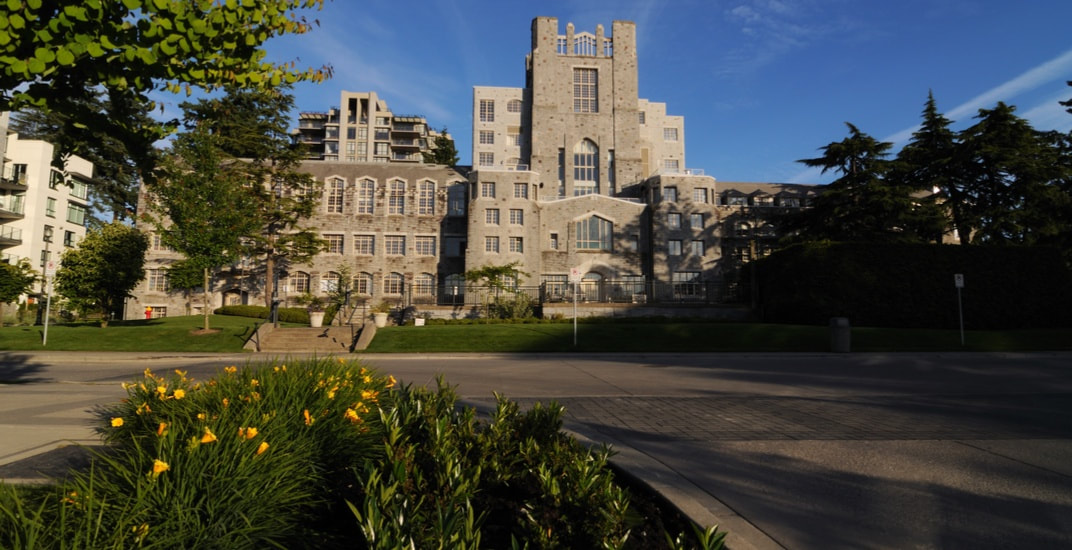
 RSS Feed
RSS Feed
